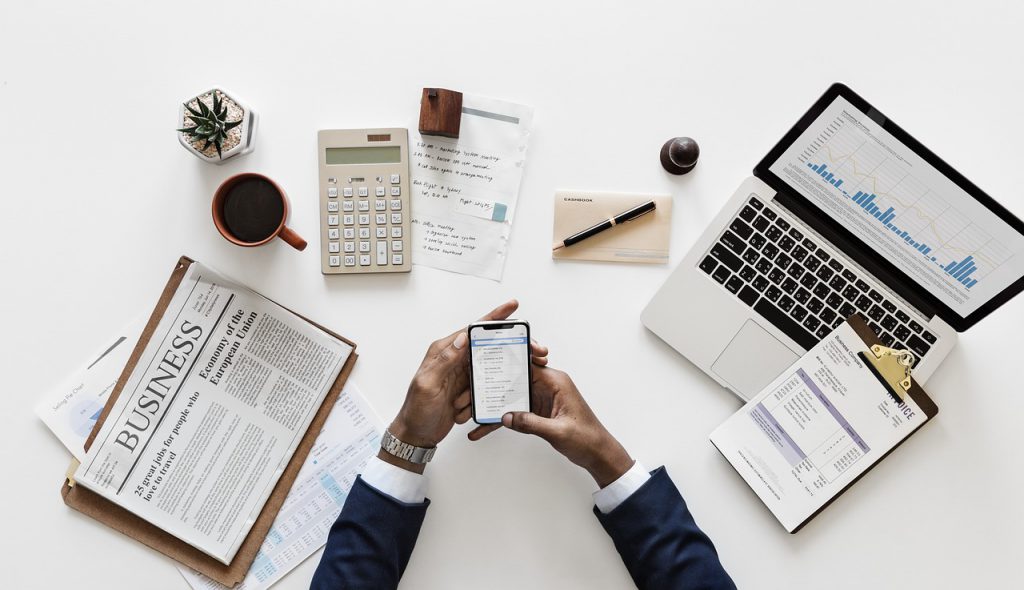Monday 28th January is Data Privacy Day, an internationally recognised effort to promote better online privacy and data security for individuals and businesses across the globe.
The event is part of a wider privacy campaign, Stay Safe Online, and is promoted by the National Cyber Security Alliance. It began in the US in 2008 and as with the majority of international campaigns, is gaining momentum year on year.
So why should Your Wellspace be recognising Data Privacy Day?
Well, apart from we all need to keep up to date with the law and regulations, (which we will come on to later), keeping our data private and maintaining good security practice is vital for business operations and crucially, our personal wellbeing.
Want to find out more about why it’s good to recognise Data Privacy Day? Read on..
Data Privacy And The Law.
So let’s start with the fundamentals here.
Your data is protected by law, and with the implementation of stricter regulations last year under the General Data Protection Regulations, (GDPR), businesses and organisations have to collect your data and store it responsibly and ethically, and protect it from exploitation by cyber criminals wishing to use the internet to cause harm.
Which, if they are successful, can cost businesses and individuals significant financial losses. In fact, in a government report which you can view here, it is estimated that the cost to businesses alone was £21 billion and no sector is immune from these crimes.
Furthermore, if you don’t comply with the data privacy regulations, you can be subjected to a hefty fine as Google has recently found out to the princely sum of 57 million (US dollars), when the French regulators prosecuted them for breaches to data privacy laws.

Data Privacy and Your Health
Now that we have covered the legal side to data privacy, there is a more personal level to consider also.
Cyber bullying is a sickening phenomenon which, as the internet and technology has become more intrinsic in our every day lives, has gathered considerable pace.
Young people in particular are subjected to vicious personal attacks, (although this is not exclusive, many adults can be affected too), and the impact on a person’s mental wellbeing can be devastating.
Reports of low self-esteem and chronic depression as a result of online personal attacks are becoming more common, and as almost all of us use a personal computer or a smart device in our every day lives, unless we keep our data secure, we are all at risk.
Social media plays a big part how our data can be shared without us even being aware! To counteract any misuse of our personal information, make sure you set your accounts to private and only share details with personal friends and people you know can be trusted.
How to Keep our Data Secure
So how can we keep our data secure and protect ourselves from cybercrime and online abuse?
Here are just some of the ways that you might find helpful both in your professional and personal lives;
As a business, it is vital that you have regular security check ups from your internet service provider. Make sure you are up to date with anti-malware software, use protective firewalls and ensure you do a back up of your data regularly. The experts suggest this is done at least once per week, but preferably every 24 hours, to ensure if anything was to happen, you can do a speedy data recovery without having lost too much precious company information.
Demonstrate that you are an organisation that takes data privacy seriously by ensuring you have up to date SSL certificates for your company website. These certificates work by encrypting your data that is transferred out over the internet when you are engaging with customers or suppliers who are using your website.
Create complex passwords. This isn’t always easy, as remembering them can take a bit of practice, but basically don’t use anything as a password such as your name or date of birth or anything that hackers can easily work out such as letters or numbers in a sequence.
Make your password personal to you, don’t write it down and don’t tell anybody what it is. If you struggle to remember them, try thinking of a prompt that will help you.
Be aware of the latest scams and phishing emails. Cyber criminals are becoming increasingly sophisticated in how they target people, and send out emails that can look very genuine asking you for personal details such as your mother’s maiden name or your bank details.
They also have a knack of looking like they have come from official organisations such as HMRC, Paypal or Outlook, or even your bank, therefore it is prudent to be on your guard. Never, ever respond and if you can, report to the actual organisation they are pretending to be.
Keep your desk tidy! This is a very simple, yet effective way of keeping data secure. Most organisations have a tidy desk policy, but if there isn’t one, this could mean by leaving confidential files out on your desk at night time you run the risk of breaching those all important privacy laws we mentioned earlier.
So make sure you put your work away and switch your P.C off; don’t just let it go in to ‘sleep mode’. You can read more about our top tips for keeping a tidy desk here, and also why this is a really good for maintaining good mental wellbeing!

Contact us
So if you would like any advice on Data Privacy Day, whether this is within a professional or personal capacity, or if you are worried about how the loss of personal data can be detrimental to your health and wellbeing, you can contact us here for more information, or call us on 0808 178 0748.
We have a team of skilled professionals who will be delighted to chat to you and offer some expert advice on how to protect you, your business and your family from cyber crime and the damaging impact this can have on your health.










